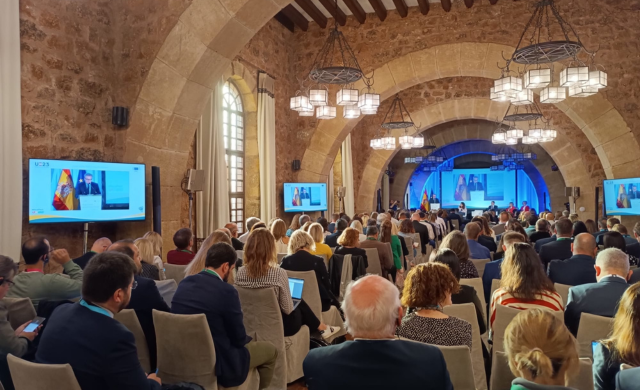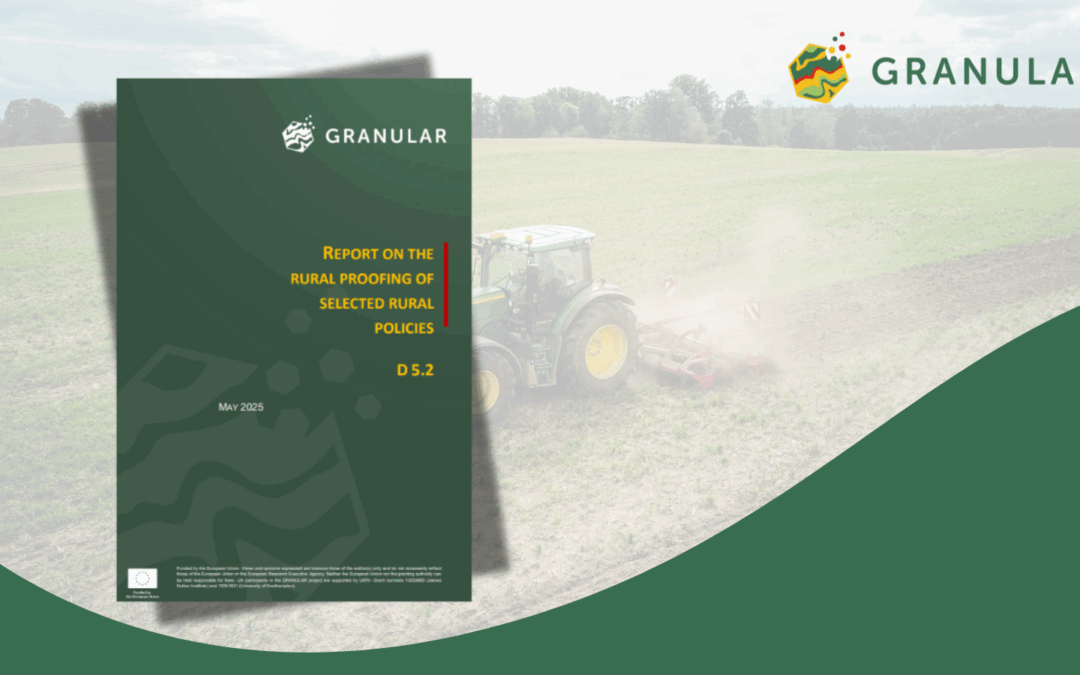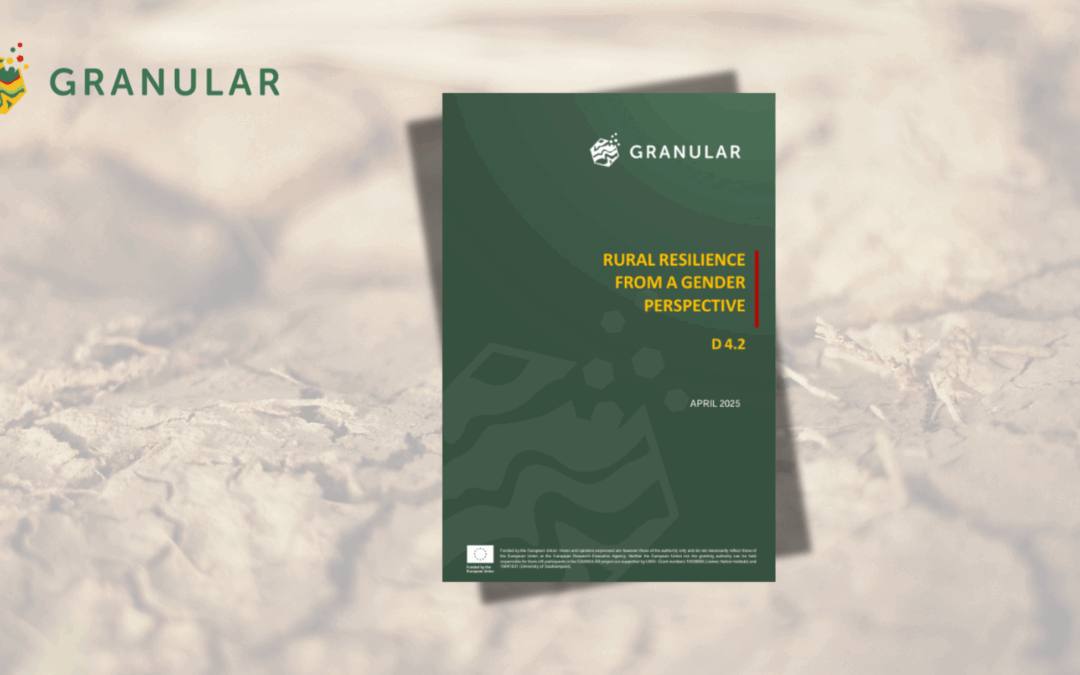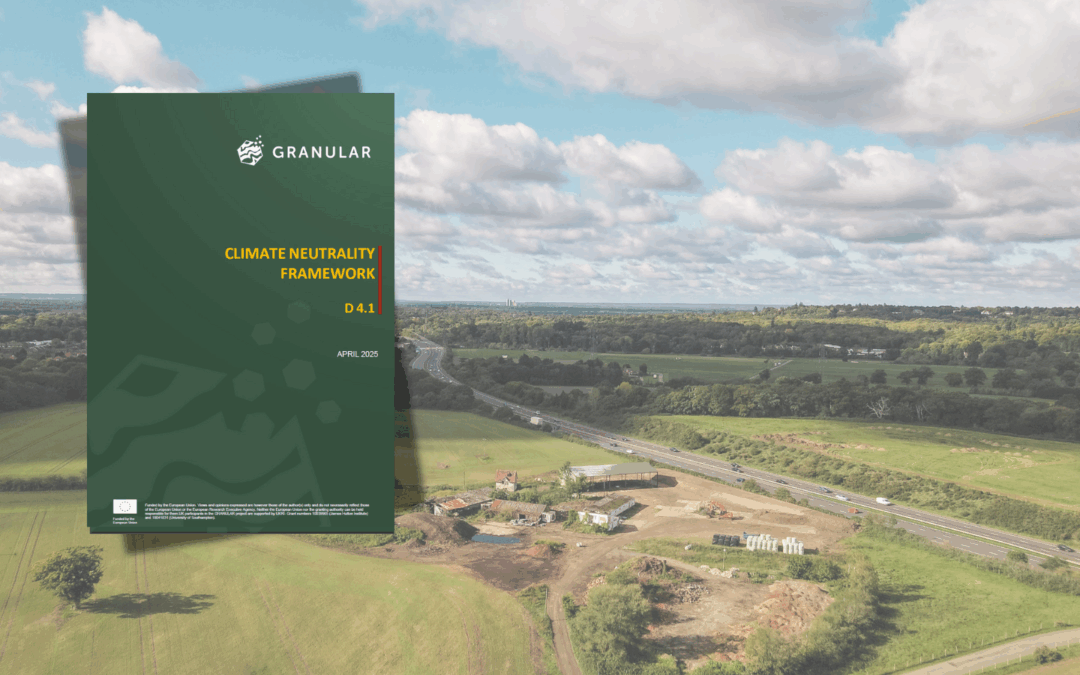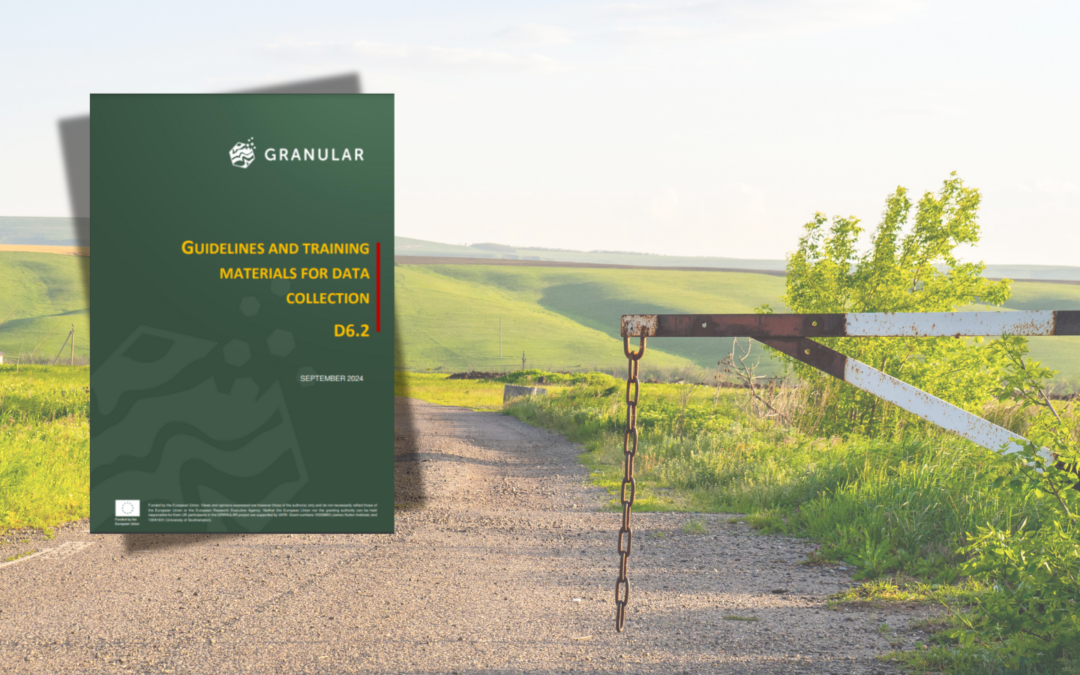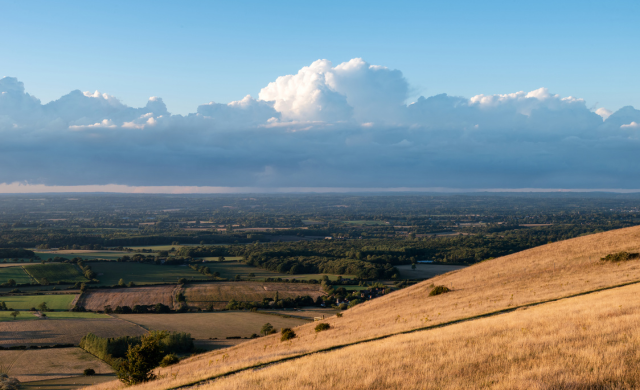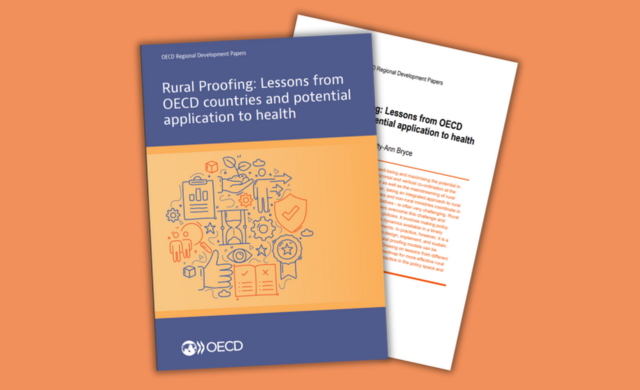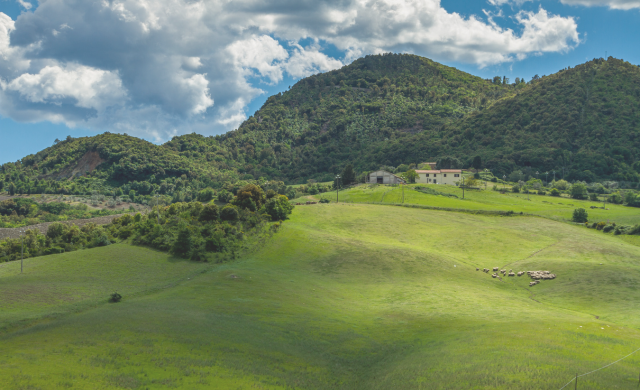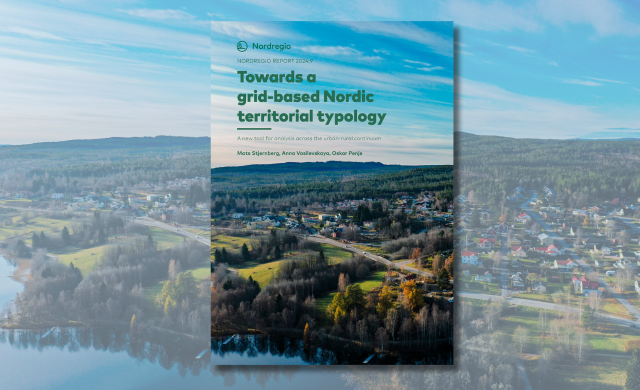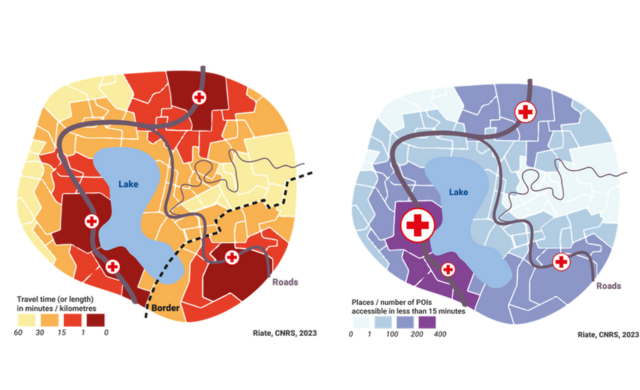The picturesque town of Sigüenza in central Spain recently became the focal point of discussions about the future of rural and cohesion policies in the European Union. The High-Level Rural Policy Forum, held on September 26-27, 2023, brought together 200 key EU experts, decision-makers, practitioners, and stakeholders from across Europe. Organised by the European Commission, the Spanish EU Presidency, and the Rural Pact Support Office, this event marked a significant step towards defining the direction of rural and cohesion policies post-202
EU’s attention to Rural Areas
The European Commission, in collaboration with the Spanish Presidency of the Council of the European Union, aimed to adopt Council conclusions on the EU’s Long-Term Vision for Rural Areas by the end of 2023. This vision is based on lessons from the initial two years of rural vision implementation, with a focus on evaluating actions under the Common Agricultural Policy and Cohesion Policy for 2021-2027.
The Spanish Agricultural Minister Luis Planas affirmed the Spanish EU Presidency’s intention to reach a consensus with other Member States during the November General Affairs Council, a crucial step for the post-2027 Common Agricultural Policy, including Rural Development and EU Regional Policy.
Highlighting achievements
In his opening speech, Commissioner Janusz Wojciechowski highlighted significant progress in implementing 30 actions outlined in the Long-Term Vision for Rural Areas over just two years since its inception. This progress underscores the commitment to allocate 24 billion euros directly to rural communities through CAP strategic plans, with the Rural Pact serving as a crucial instrument for realizing this vision. Additionally, Regional Policy Commissioner Elisa Ferreira emphasized the pivotal role of EU Cohesion Policy in delivering the Rural Pact and addressing persistent issues like rural depopulation.
Next steps
Despite COVID-19 delaying the current CAP and Cohesion Programmes, a mid-term 2021-2027 EU budget review is in progress. This becomes more urgent with the approaching 2024 European elections and the new Commission mandate starting the following year. At Sigüenza, officials from DG AGRI and DG REGIO, Mario Milouchev and Wallis Goelen, shared their initial assessment findings.
Furthermore, DG AGRI has recently published a study on the contribution of CAP Strategic Plans to the long-term vision for the EU’s rural areas, revealing that 8% of expenditure is directed toward non-farming rural development. President Von der Leyen’s announcement of a strategic dialogue on the future of agriculture in the EU emphasizes the sensitivity of the food production-nature protection relationship. Mr. Milouchev confirmed that a set of proposals for the future of CAP will be unveiled in early 2024.
The future and essence of EU Cohesion Policy are under intense debate, spurred by Next Generation EU’s emergence in response to COVID-19. A High-Level Group is set to report by the end of 2023. The EU Committee of the Regions and EESC have proposed changes to influence this. The risk of centralisation in post-2027 EU funding, potentially weakening local development and partnerships, was highlighted by Wallis Goelen. The current 16% allocation for rural areas is provisional, with expectations of a higher total for 2021-2027. National and regional ministers Organisation for Economic Co-operation and Development experts, European Committee of the Regions and European Economic and Social Committee, Rapporteurs, Member of the European Parliament, and rural networks gathered in Siguenza, reaching a consensus on the need for improved coordination among EU and national funds. They emphasized local needs, proposed a Local Capacity Support Action, and discussed the possibility of a dedicated fund for the Rural Pact. These discussions showcase the evolving debate on the future of rural Europe.
The GRANULAR contribution
Tristan Berchoux, associate professor of geography at the CIHEAMM and coordinator of the GRANULAR project, presented the GRANULAR project at the Siguenza conference. In his speech, he had the opportunity to talk about data collection and analysis for rural policies. For this, he referred to the SHERPA project that is coming to an end, highlighting the research results and findings of the project based on GRANULAR, on the objectives and the work done so far.
Tristan Berchoux underlined the importance of scale and mixed methods to generate relevant evidence for rural areas. A nuanced and non-subjective picture, informed by evidence, is key to deliver informed policy making. Additionally, he underlined that official statistical processes should be more sensitive to rural diversity and specificities.
You can watch the whole conference on their YouTube channel.
